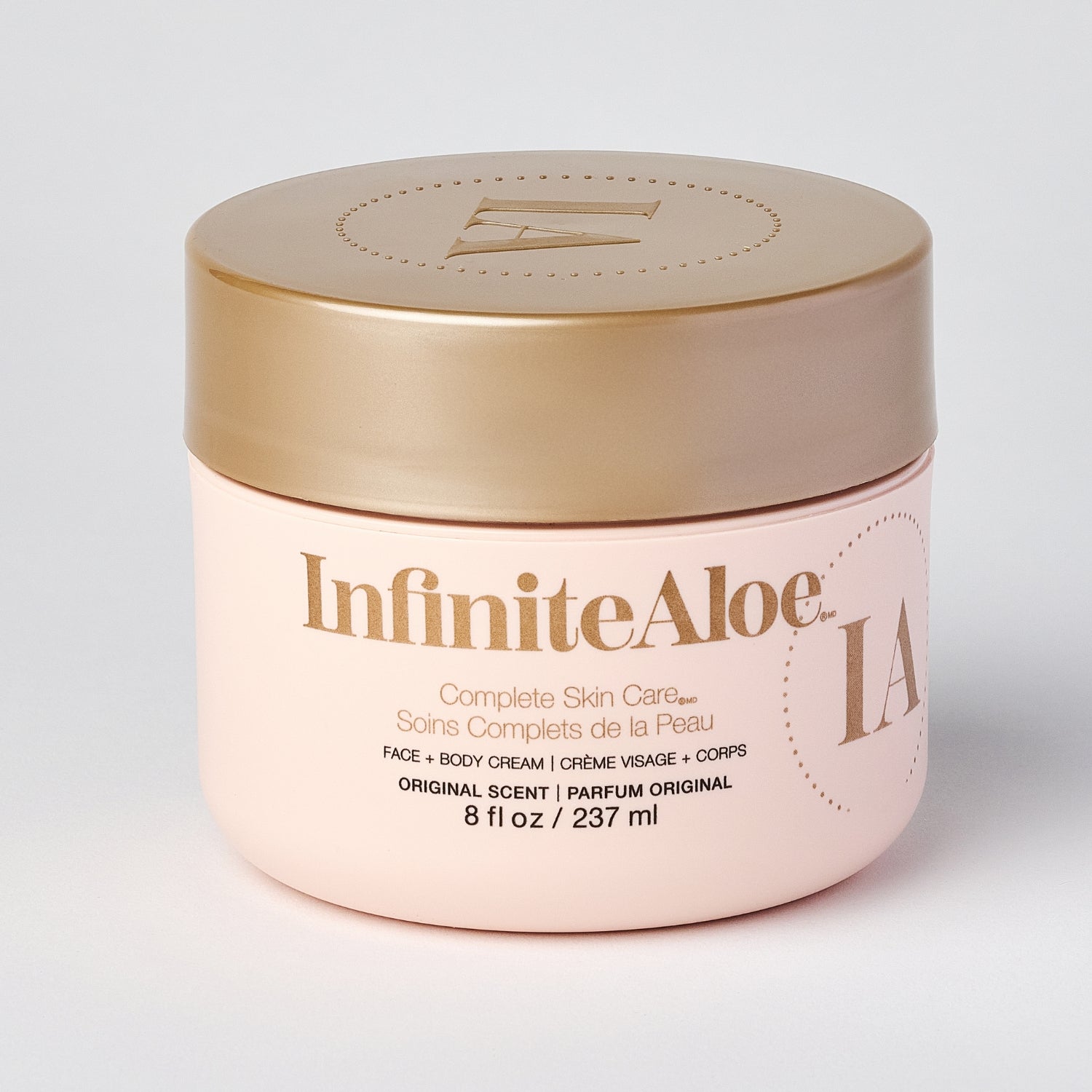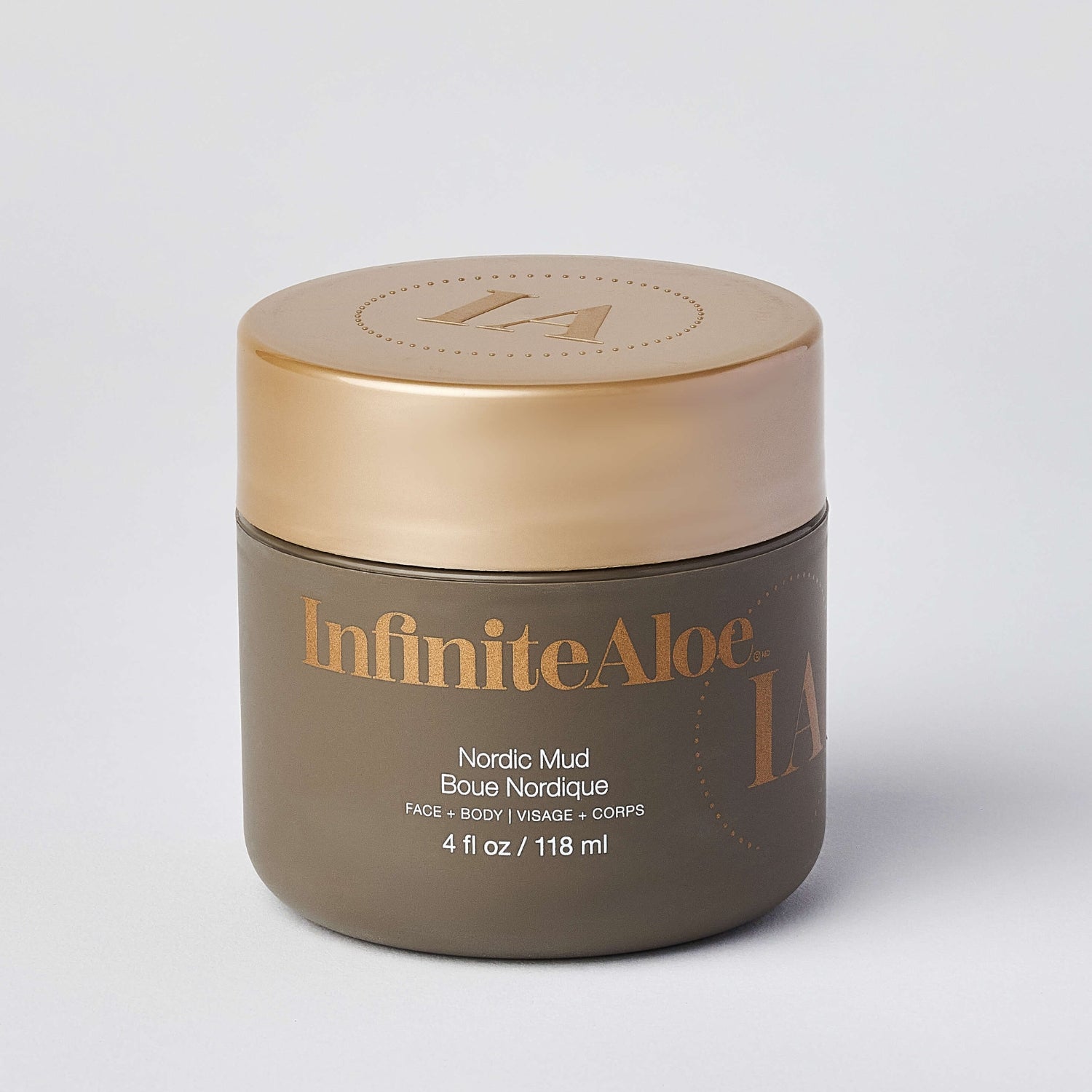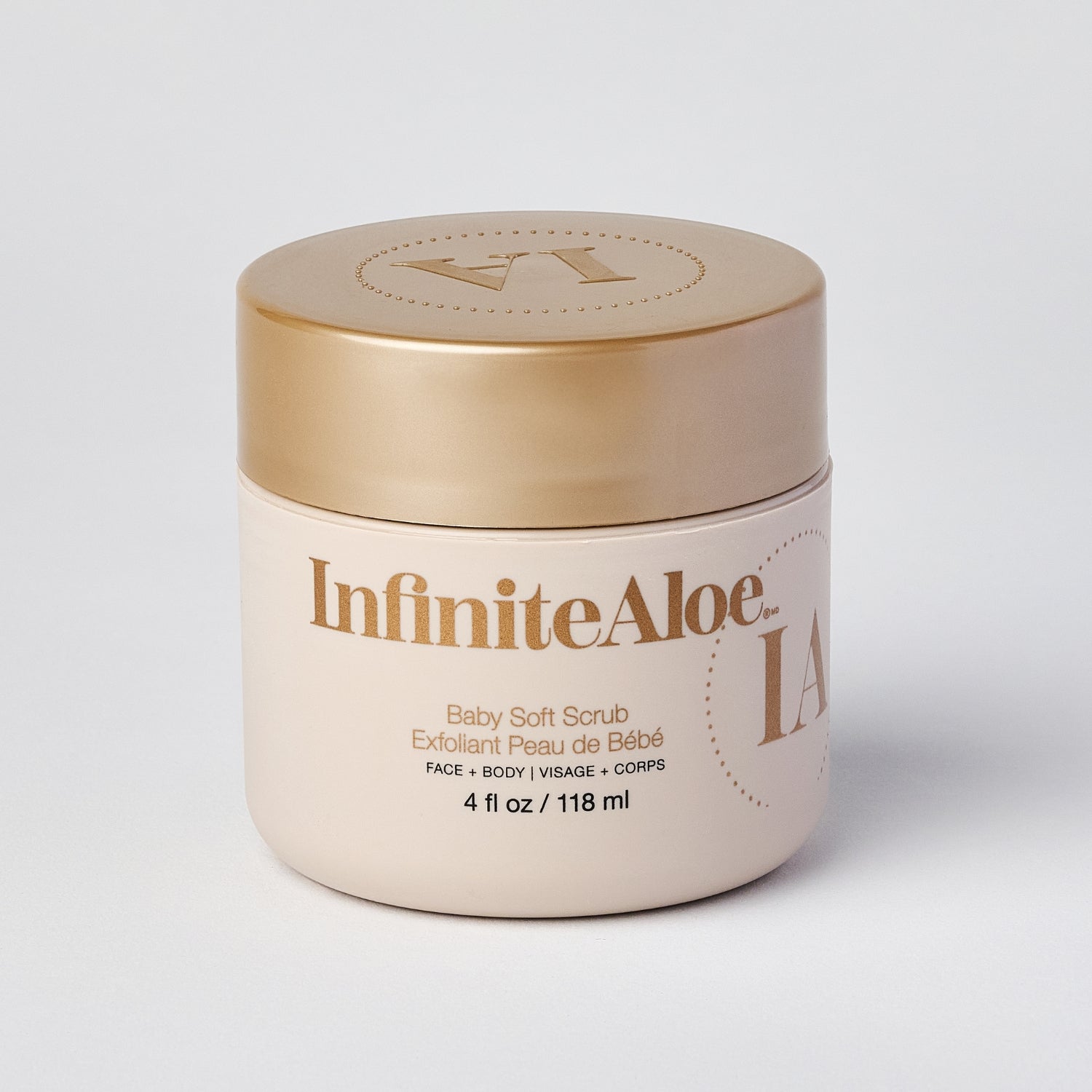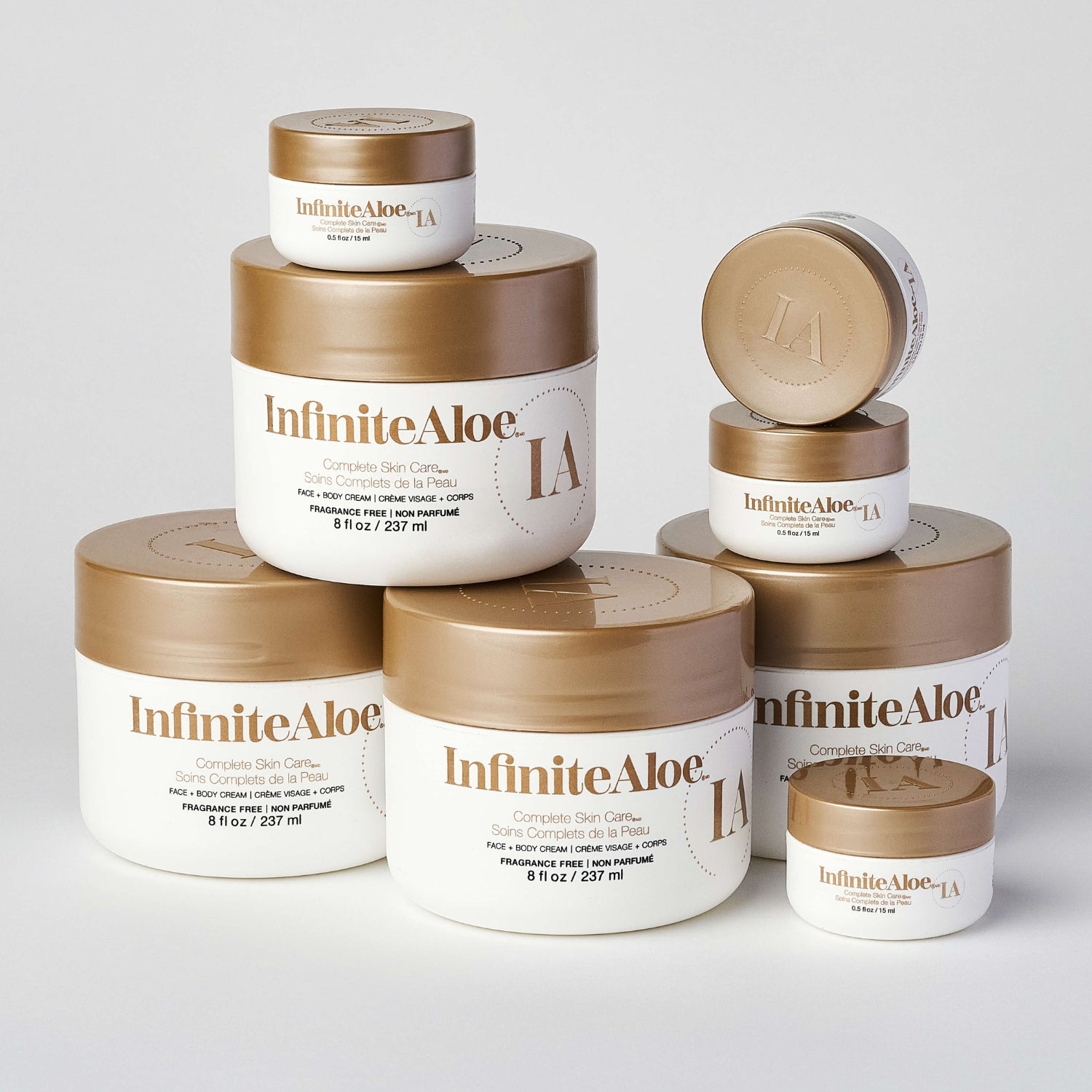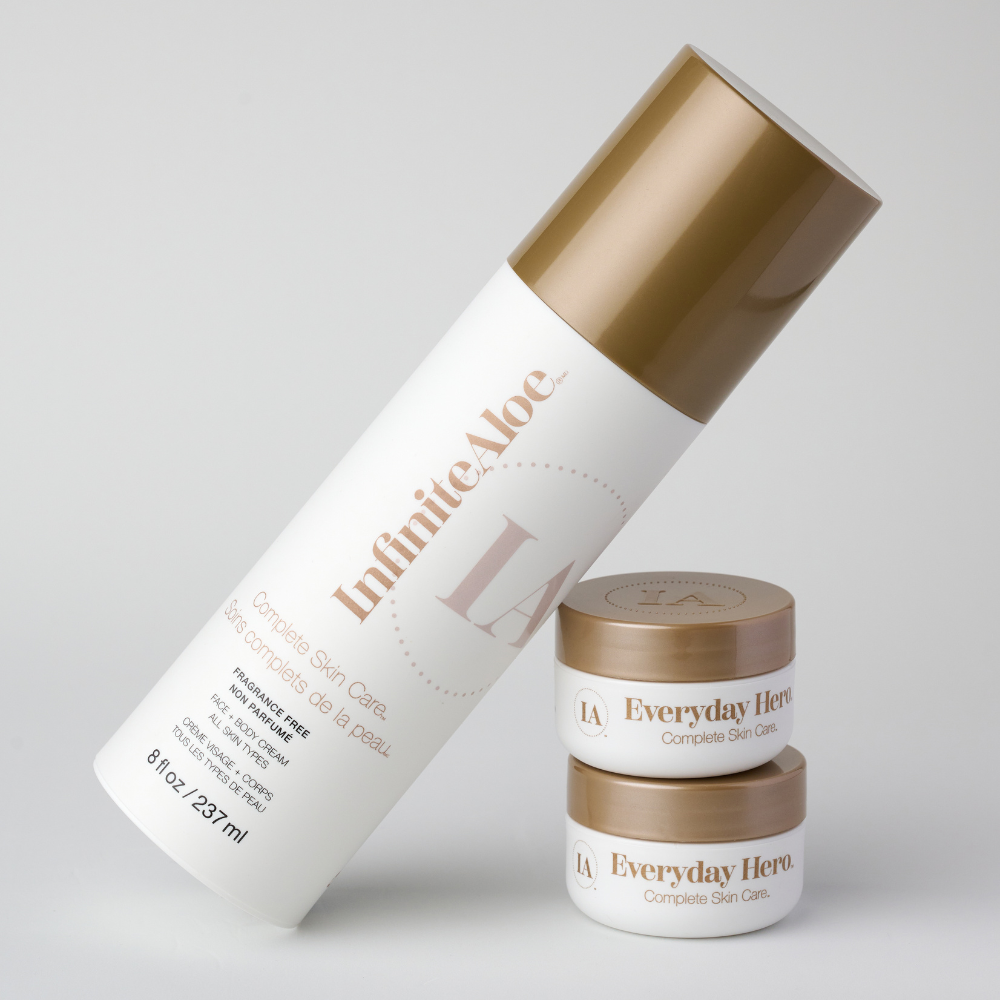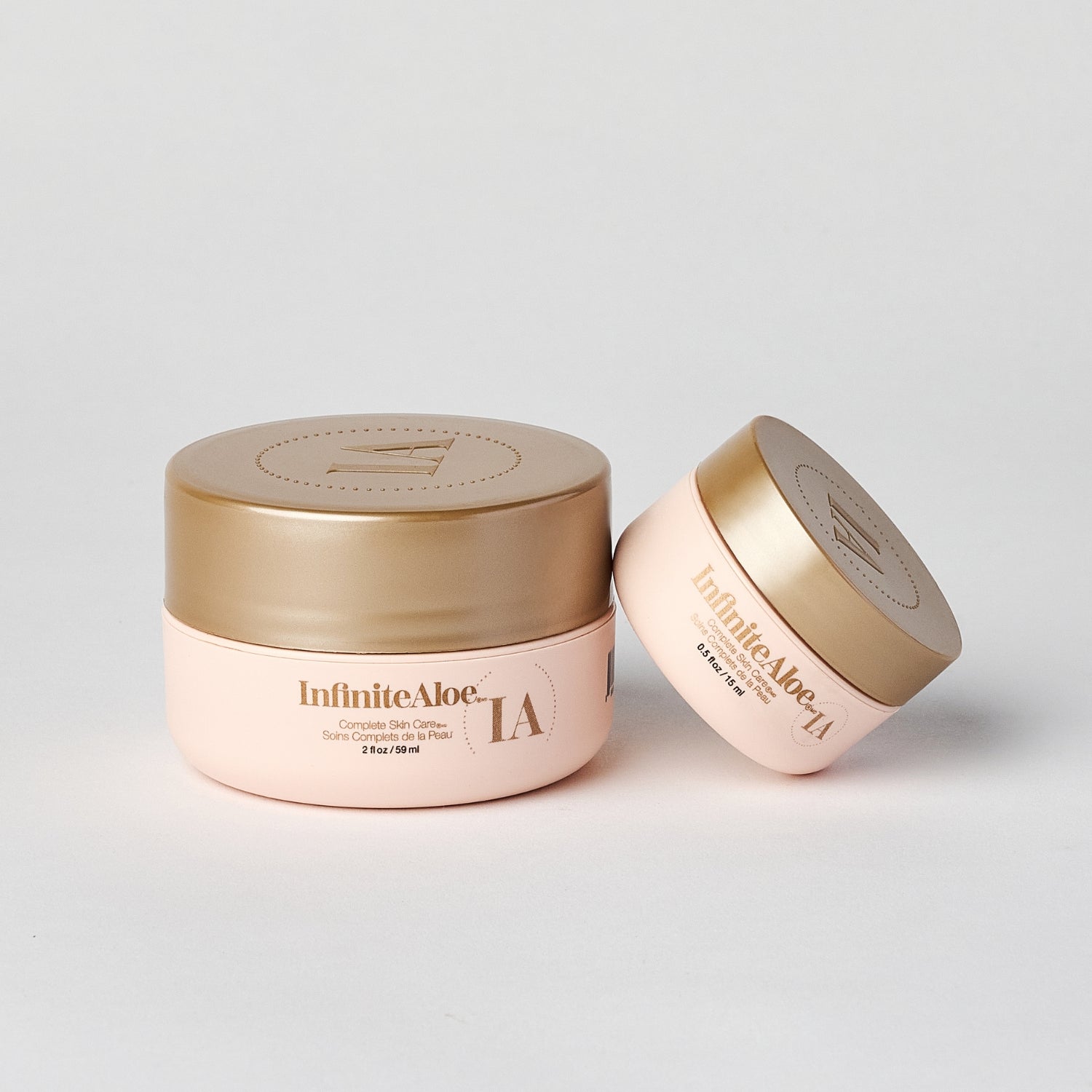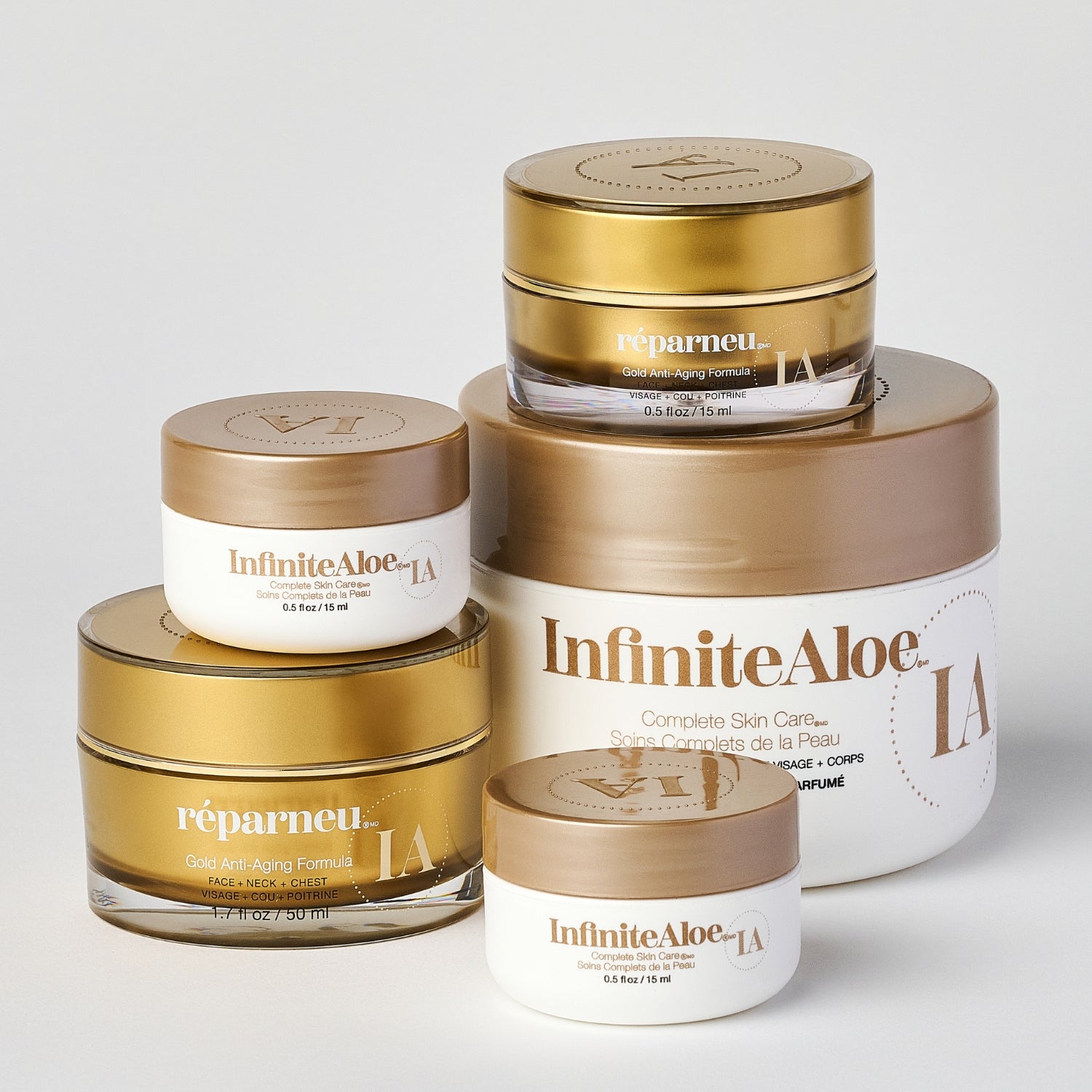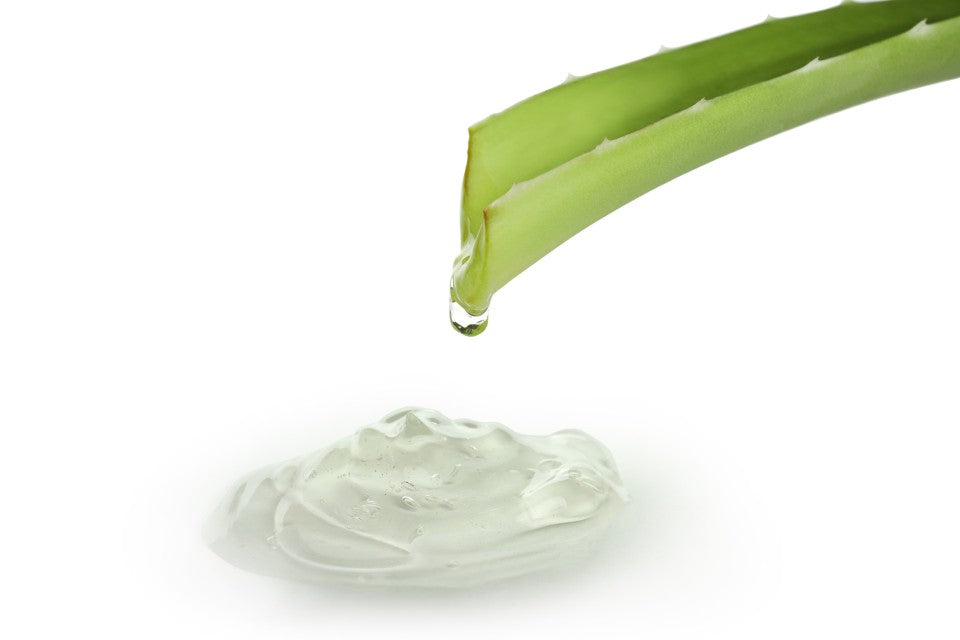Aloe vera juice has emerged as a buzzword in the health and wellness industry. Known for its cooling effect and medicinal properties, it offers myriad benefits while also posing certain risks. This article covers the health benefits, potential side effects, and tips for the optimal consumption of aloe vera juice. By exploring these elements, we aim to provide an informed perspective on incorporating aloe vera juice into your wellness routine.
Table of Contents
- Potential Benefits of Aloe Vera Juice
- Possible Side Effects of Aloe Vera Juice
- Tips and Considerations for Consumption
- Purchase Considerations
Navigating the Benefits of Aloe Vera Juice
Aloe vera juice shines bright in the wellness domain for its chatoyant properties. At the heart of its allure are the multifaceted health benefits that it offers, making it more than just a trendy elixir.
Alleviates Constipation
The juice of aloe vera is lauded for its ability to aid in alleviating constipation. Acting as a natural laxative, it helps regulate bowel movements. In a study published in Pharmacognosy Review, aloe latex was found to be effective for this purpose, though it advises moderation due to potential dependency.
Rich in Vitamin C
Aloe vera juice is a good source of Vitamin C, an essential antioxidant aiding immune function. The presence of this nutrient not only assists in combating inflammation but also contributes to collagen synthesis, promoting youthful skin.
Provides Digestive Benefits
Boosting digestion and ensuring digestive health, aloe vera juice has soothing properties. It fights against digestive infections and balances stomach acidity. An article from MedicalNewsToday highlights the juice's role in managing symptoms of IBS (irritable bowel syndrome), reinforcing its place in gut health management.
Anti-Inflammatory Capabilities
The juice’s anti-inflammatory properties make it an attractive natural remedy for those suffering chronic inflammation conditions. The presence of several bioactive compounds such as aloin and emodin helps reduce inflammation, adds WebMD's piece on the benefits of this ancient plant's juice.
Possible Side Effects and Precautions
While the benefits are enticing, it's crucial to approach aloe vera juice consumption with an informed lens. There are side effects to consider, which we explore in this section.
Abdominal Distress
Aloe vera juice can cause abdominal cramps and diarrhea due to its laxative effect. Prolonged consumption can lead to severe electrolyte imbalances, including low potassium levels, as noted in a Healthline review.
Potential Toxicity Issues
Non Decolorized aloe vera juice contains anthraquinones, a compound associated with increased cancer risks when consumed in excess. This is corroborated by findings from WebMD, which warn against high-dose consumption.
Liver Safety Concerns
There have been reports of hepatitis linked to aloe vera juice consumption. It can result in dependency, worsening constipation over time. According to findings in HealthShots, these complications necessitate caution, particularly for long-term use.
Allergic Reactions
Skin rashes, red urine, and throat swelling are potential reactions for some individuals. An industry report in Medical News Today highlights that those with sensitive constitutions should be particularly wary.
Consumption Tips and Usage Recommendations
To enjoy aloe vera juice safely, it's important to adhere to certain guidelines and usage tips. Proper consumption is key to reaping its rewards while minimizing risks.
Dosage and Frequency
Experts often recommend starting small, typically 1 to 2 ounces at a time once a day. Gradually increasing your intake while monitoring its effects on your body is prudent. Make sure your chosen brand specifies decolorized (purified) juice, which removes toxic elements.
Preparation and Application
When preparing aloe vera juice at home, ensure to extract the gel carefully, leaving out aloin-rich latex which can exacerbate side effects. Commercially, always opt for pasteurized options to eliminate this risk of contamination.
Potential Interactions
It's vital to consult with healthcare providers if you are on medication, as aloe vera juice may interact with them. Its diuretic effect could influence the efficacy of certain drugs, such as diuretics and diabetic medications.
Consumption with Purpose
Individual needs vary; those seeking hydration might incorporate it into smoothies, while those aiming for digestive aids might opt for raw consumption. An article from Healthline recommended finding a balance that fits into your health goals without compromising existing conditions.
Purchase Considerations
When purchasing aloe vera juice, quality matters. Consider these points:
- Best Brands: Reputable brands like Lily of the Desert and Fruit of the Earth provide reliable aloe products.
- Online Purchases: Stores like Infinite Aloe offer convenient purchasing and subscription models for regular consumers.
- Pricing Information: While brands vary in price, prioritize quality and purity over cost. Watch for added sugars or other unnecessary ingredients.
Concluding Thoughts on Aloe Vera Juice
Aloe vera juice, a blend of health potential and risks, requires becoming well-acquainted with its attributes before making it a staple of one's daily regimen. While the nutritional benefits are commendable, it’s critical to toe the line between beneficial and detrimental doses.
Historical references to aloe’s uses remind us of its enduring place across cultures for medicinal relief.
In conclusion, discernment is encouraged. Inform your decisions with expert opinions and embrace aloe vera juice with careful enthusiasm.
By doing so, we tap into the plant's primal powers responsibly, allowing its gifts to bolster our wellness journeys without overshadowing them with unintended repercussions. Hem your particles of aloe vera juice with knowledge, and its tapestry will reveal threads of health woven throughout.
For those delving deeper, remember that aloe's legacy is as much about understanding its modern applications as acknowledging its ancestral whispers.

